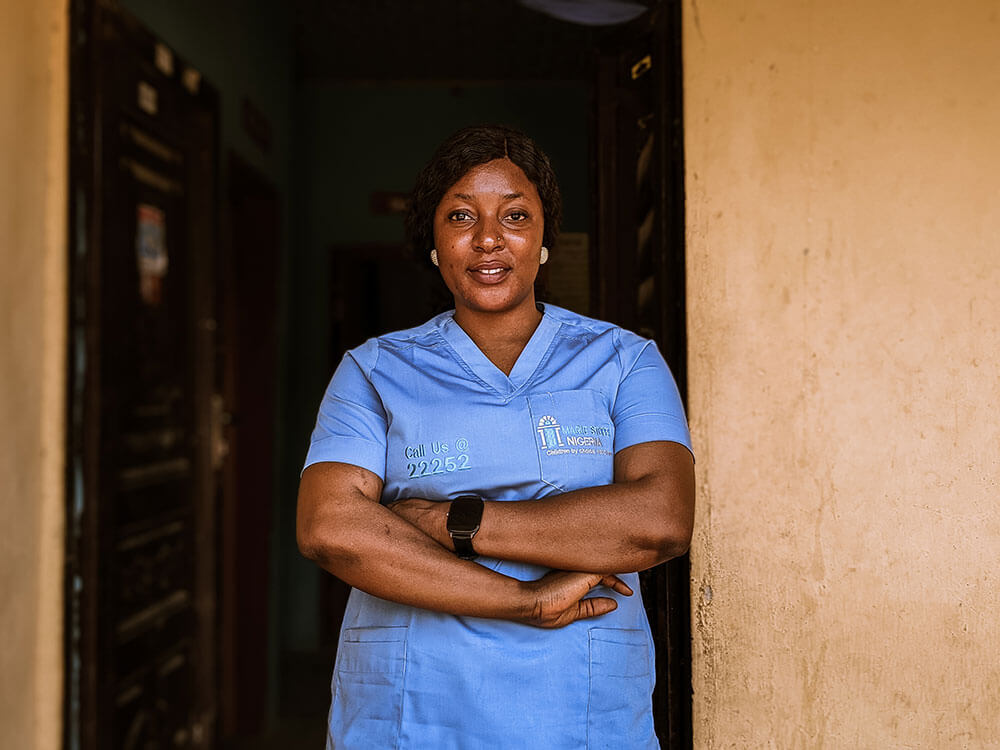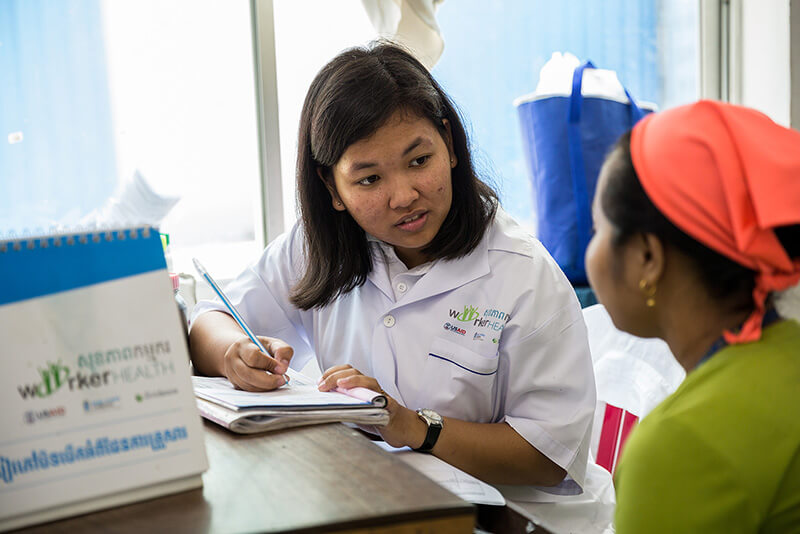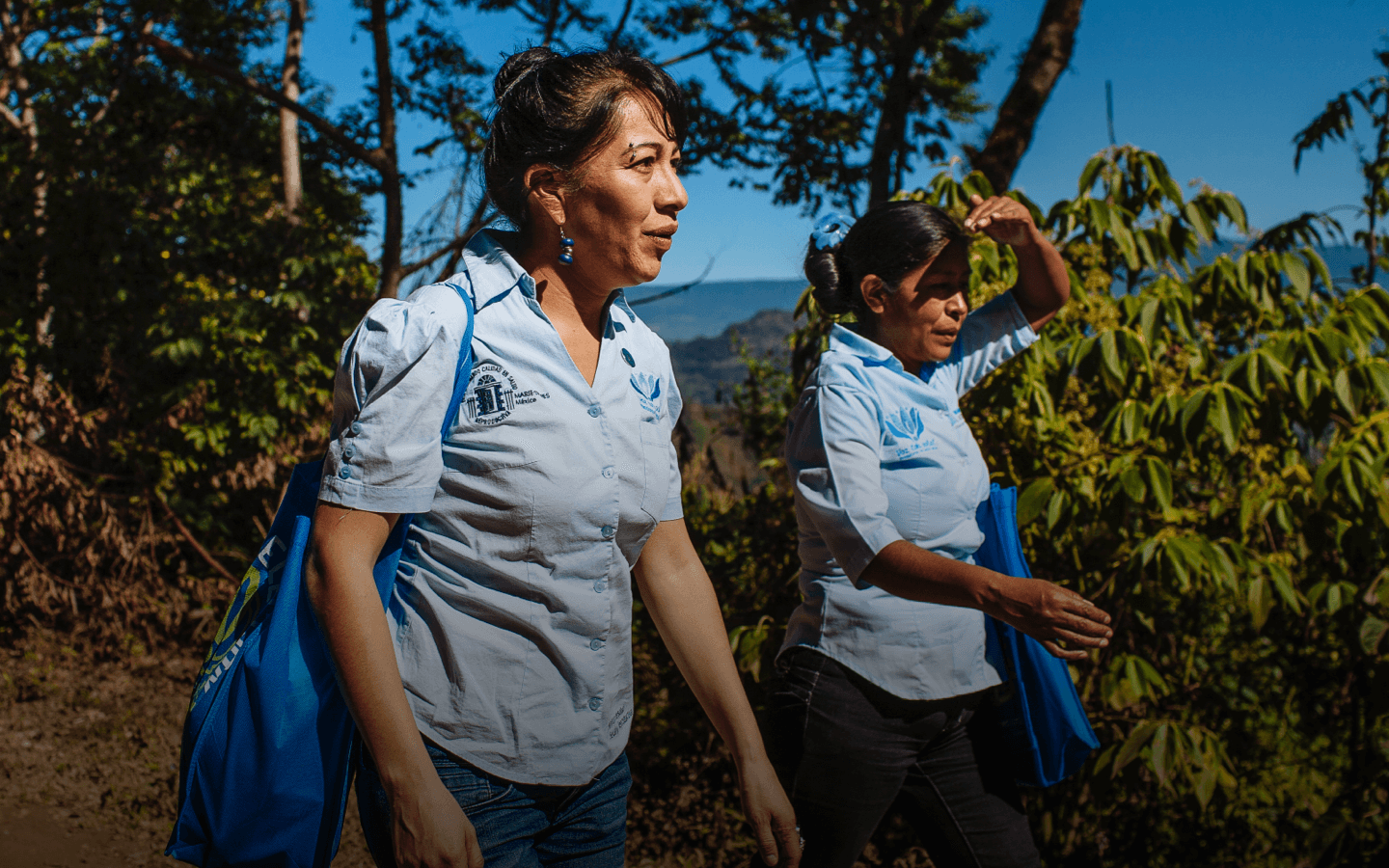Three things we’re seeing from the anti-choice opposition
By Bethan Cobley, Director of Policy and Partnerships, MSI Reproductive Choices
An increasingly sophisticated, well-funded, global anti-choice opposition is working to undermine MSI Reproductive Choices’ work around the world.
You’ve probably seen the tactics anti-choice campaigners use in the United States. They include gruesome billboards, protests outside clinics, and fake clinics aimed at confusing and delaying women from accessing abortion. Globally, we see some groups using similar strategies—but that’s just the start.
Recently, we asked our country programs what they’re seeing in their countries. What they told us captures the scale of the global push to limit women’s reproductive freedom. Here are three things we learned—and how we’re fighting back.

1. The anti-choice opposition takes many forms.
We defined “opposition” broadly in our survey. It includes activity specifically targeting MSI services, like protesters standing outside our clinics or spreading fake stories about us. But it also includes things like prominent anti-choice politicians creating an environment of stigma and fear around sexual and reproductive health generally.
Sometimes, leaders in politics, religion and the media attack MSI by name. For example, in Burkina Faso, religious leaders regularly preach against individuals working at MSI and in reproductive health generally. Our staff are courageous in the face of social stigma. But personal attacks from the pulpit make it harder for them to do their jobs.
2. Opposition is increasing in many places, but even where it’s staying the same, it creates problems for women.
In some of our country programs, like Mexico, Kenya and Senegal, anti-choice activity is increasing. They’re seeing more protests, more attacks on social media, and more anti-choice speech in politics and the media. In other countries, there’s less active anti-choice activity, but restrictive policies and social stigma create a chilling effect. In these places, MSI is frozen out of conversations with partners because we provide reproductive healthcare. This makes it harder for us to reach women who need us.

3. The face of the anti-choice opposition varies, and we need to respond accordingly.
In some countries, local religious groups are the main sources of anti-choice activity. Some even preach against MSI by name. In other countries, international Northern based organizations like CitizenGo – often funded by wealthy US donors – film at clinics to intimidate staff and clients. Others involved in anti-choice activities include politicians, the media, and even the local police.
International organizations are organized and powerful. When they target MSI, it can create real problems for our providers and clients. They use sophisticated methods to undermine our work, like online petitions against us or manipulating footage to give a false picture of the work we do.
How we’re responding
Given this diverse and well-funded movement, how can we fight back? At MSI, we’re focused on resilience. That means creating a positive, pro-choice environment where team members feel supported; identifying risks and taking steps to mitigate them; and building a network of allies within and outside the sexual and reproductive health and rights world who can support us in the face of attacks. That network includes generous donors in the United States and around the globe. People who believe in the transformative power of choice help fund services that women want, as well as advocacy work that helps protect those services.
There’s reason for hope. In the past year, we’ve seen champions for choice rally to expand access to reproductive healthcare and rights in many of the countries where we work. MSI contributed to 13 important law and policy changes in India, Kenya, Ethiopia and other countries. We know the backlash can be fierce, but no amount of protests or online attacks will change the fact that people want control over their own bodies. Together, we can stand strong against the anti-choice opposition and create a world where everyone has choice.






